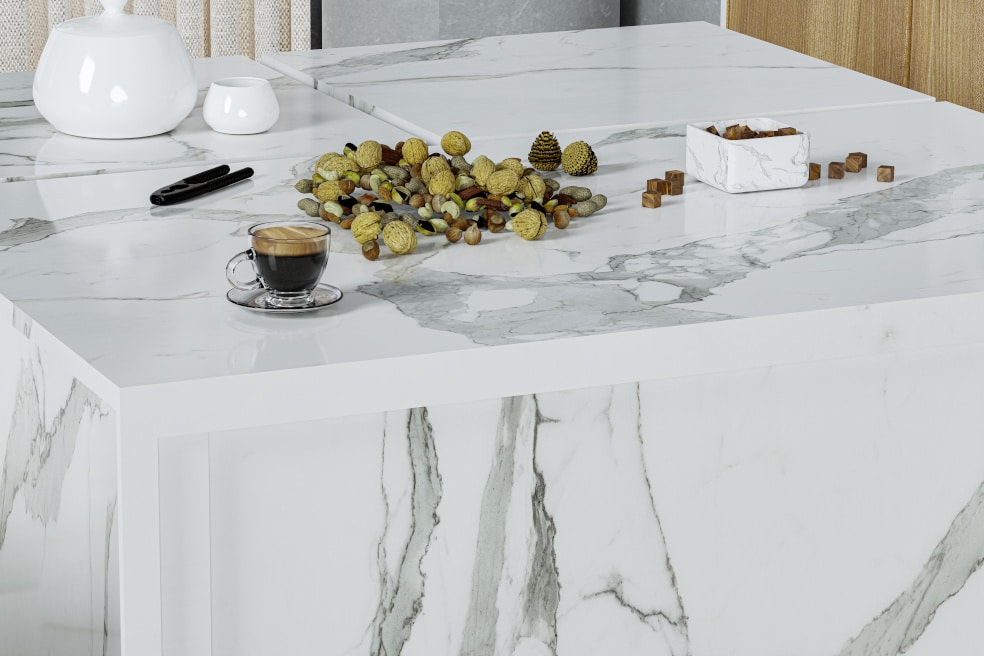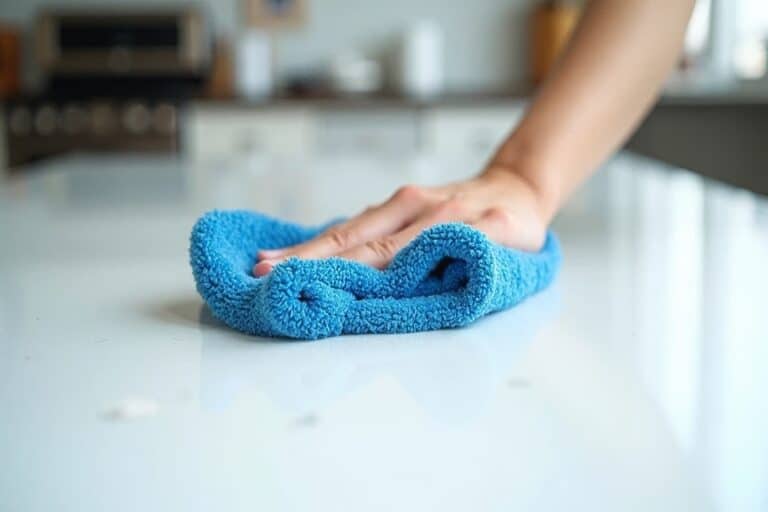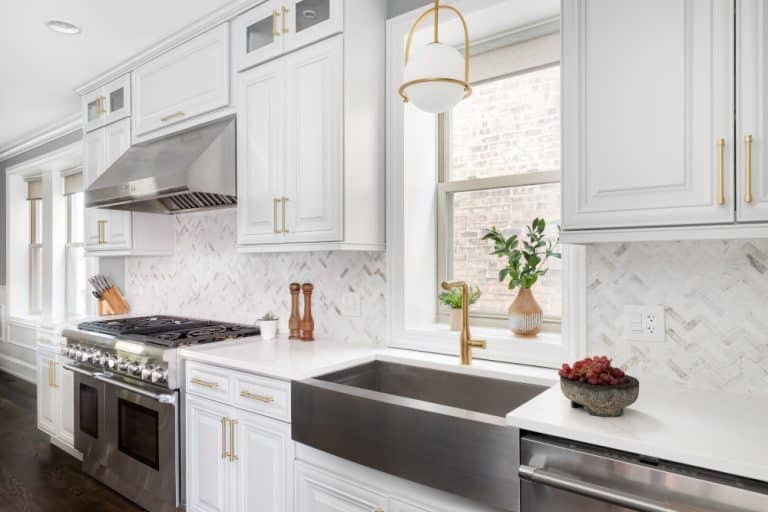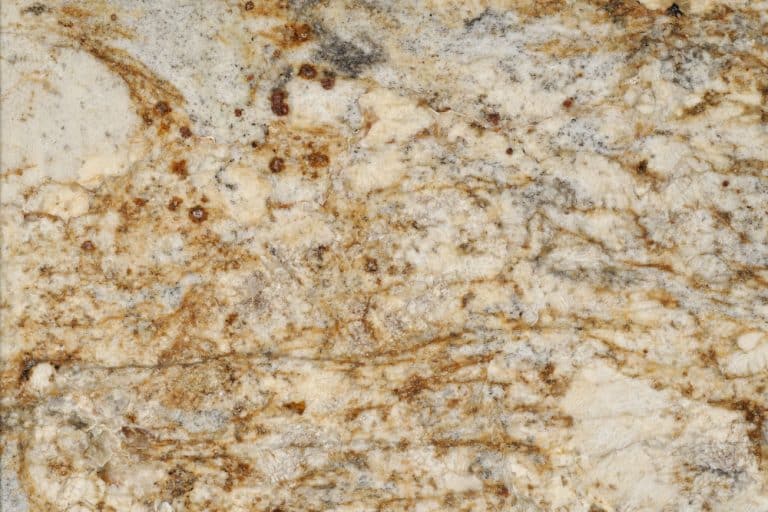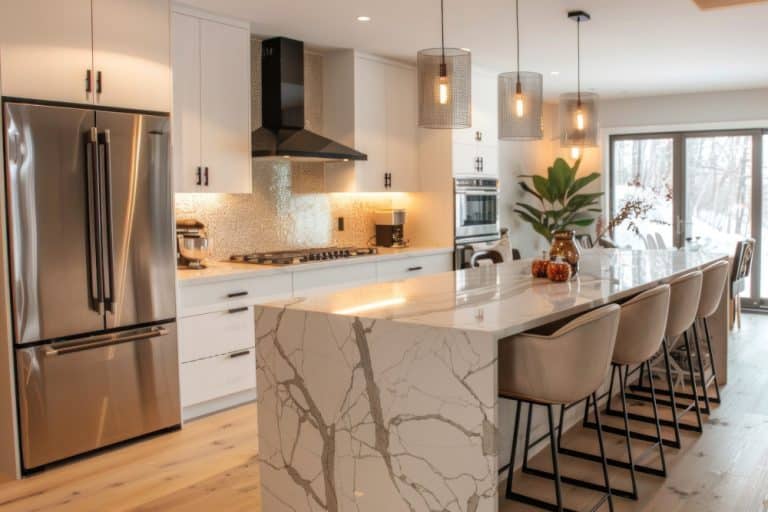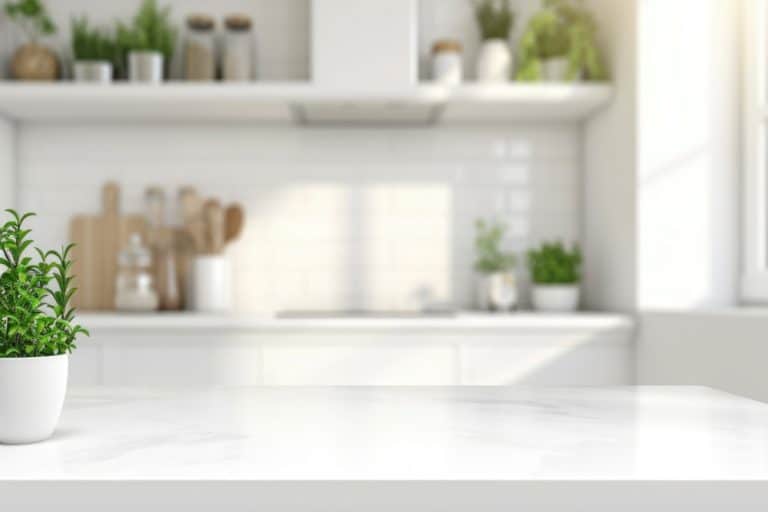You have invested a lot of money in your new stone countertops. They are worth it, if for no other reason than the fact that they are so beautiful to look at. So why take any chances that could ruin the view? Even something like a small water stain can be enough to tarnish natural stones’ visual appeal.
Water stains are the topic for this post. We are going to explain how to prevent them regardless of whether you have chosen granite, marble, quartzite, or quartz. All four are susceptible to different types of damage at various levels. Here is the good news: it doesn’t take much effort to take good care of your countertops. Make that effort and you should be able to avoid damage.
1. Seal Those Countertops
The first and most important thing you can do to prevent water stains is seal your countertops. Granite, marble, and quartzite are all porous surfaces. That means they readily soak up liquids. Sealing creates a protective layer over the top of the counter surface. This inhibits water absorption.
Quartz is the lone exception to this rule. Remember that quartz is an engineered product rather than a genuine, natural stone. It is not porous, so you do not need sealing to prevent water stains.
2. Address Spills Immediately
Stains have a hard time taking hold if liquids and soft foods don’t have enough time to do what they do. So address spills immediately. Use a soft cloth to blot spills as soon as they occur, then wipe the counter clean after that. As long as you do not allow liquids to sit on the surface for any length of time, you shouldn’t have staining problems.
3. Clean Countertops Regularly
Hand-in-hand with immediately addressing spills is regularly cleaning countertops. It is like anything else. When you allow dirt and grime to accumulate, you are just asking for stains. But if you make a point of regularly cleaning your countertops, the chances of staining go way down.
It is critically important to use a pH-neutral cleaner that is specifically designed for stone surfaces. Stay away from all-purpose cleaners unless you know for sure they will not damage your counters. Here at Bedrock Quartz, we recommend a cleaner formulated for your stone surface and sealer.
4. Dry Countertops Immediately
Whether you are cleaning up a spill or doing your regular countertop cleaning, the final step is to dry the countertops completely. Do not assume that wiping up with a damp cloth does the trick. It might not.
In all likelihood, your stone countertops have a shiny and lustrous finish. That luster makes it difficult to see standing liquids without getting down and actually looking at the surface at eye level. So rather than taking chances, finish every cleaning session by wiping the countertops dry with a soft cloth.
5. Use Trivets and Potholders
This final tip has less to do with water stains and more to do with heat damage. Regardless, avoid heat damage because it can contribute to water stains. Your best option here is to always use trivets and potholders under pots and pans. Don’t take any chances that a pot or pan may be cool enough to set down with nothing underneath. Set it on a trivet or potholder.Marble, granite, quartzite, and quartz are all fantastic materials for kitchen countertops. And with the right care, they can remain aesthetically pleasing for decades. If you have just installed new stone countertops, utilize the tips in this post to prevent water stains. You will be preventing all kinds of stains at the same time.

